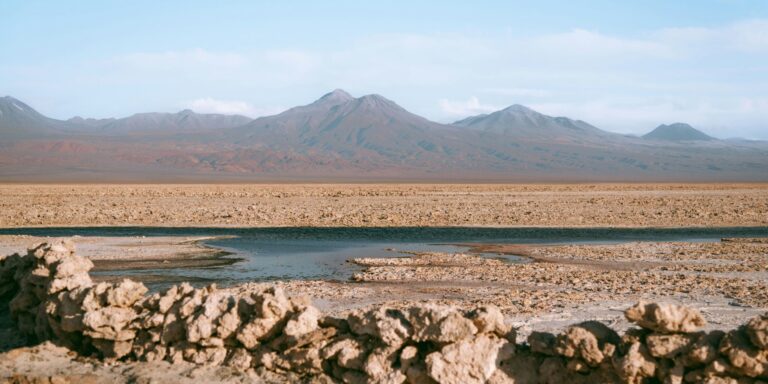Carson City, Nevada — In a decisive move to combat the long-standing water scarcity challenges exacerbated by climate change, the Nevada Legislature has passed Senate Bill 273 (SB 273), a comprehensive water conservation bill aimed at reducing statewide water consumption by 25% over the next decade. Governor Joe Lombardo signed the bill into law on May 30, 2025, marking a significant milestone in Nevada’s efforts to secure sustainable water resources for its growing population and economy.
The Scope and Provisions of SB 273
SB 273 introduces a suite of measures targeting both urban and agricultural water users. Key provisions include:
-
Mandatory Water Efficiency Standards: All new residential and commercial developments must comply with strict water efficiency standards, including the use of drought-resistant landscaping and water-saving fixtures.
-
Restrictions on Outdoor Water Use: The bill limits lawn irrigation during peak heat hours and encourages xeriscaping—a landscaping method that reduces or eliminates the need for supplemental water from irrigation.
-
Incentives for Water-Saving Technologies: The law establishes grant programs and tax incentives for homeowners and businesses investing in water-efficient appliances, rainwater harvesting systems, and graywater recycling.
-
Agricultural Water Management: SB 273 promotes advanced irrigation technologies, soil moisture monitoring, and crop diversification to reduce water usage in the agricultural sector, a significant consumer of Nevada’s water resources.
-
Funding for Infrastructure: The bill allocates funds to upgrade water infrastructure, including pipeline modernization and reservoir improvements to reduce water loss.
Context: The Ongoing Drought Crisis
Nevada has experienced prolonged drought conditions for over two decades, with 2025 ranking among the driest years on record. Reduced snowpack in the Sierra Nevada Mountains, a crucial source of the Colorado River, has led to diminished river flows, impacting urban centers and farming communities alike.
The state relies heavily on the Colorado River, which supplies approximately 90% of Nevada’s water. Persistent drought and over-allocation have strained this vital resource, prompting urgent calls for conservation.
Stakeholder Reactions and Public Support
Water authorities, environmental groups, and policymakers widely praised SB 273 as a forward-thinking and necessary response. The Southern Nevada Water Authority (SNWA) commended the bill for balancing conservation with economic growth, emphasizing the need for community engagement.
Agricultural representatives acknowledged the challenges but expressed willingness to adopt modern water-saving practices supported by the bill’s incentives.
Public opinion polls indicate strong support among Nevadans for water conservation initiatives, reflecting increased awareness of water scarcity risks.
Implementation Challenges
While the bill sets ambitious targets, implementing water reductions faces hurdles. Urban growth pressures, climate variability, and behavioral changes required among residents present ongoing challenges.
Enforcement mechanisms and monitoring systems are being developed to ensure compliance, with penalties for violations included in the law.
Coordination among multiple water districts and federal agencies managing the Colorado River remains critical to achieving statewide goals.
Long-Term Impact and Climate Resilience
Experts predict that if effectively implemented, SB 273 could significantly enhance Nevada’s water resilience, protecting critical ecosystems and supporting sustainable urban and agricultural development.
The bill aligns with broader regional efforts among Colorado River Basin states to manage limited water supplies cooperatively.
Nevada’s leadership in conservation is expected to serve as a model for other arid and drought-prone states facing similar challenges.


